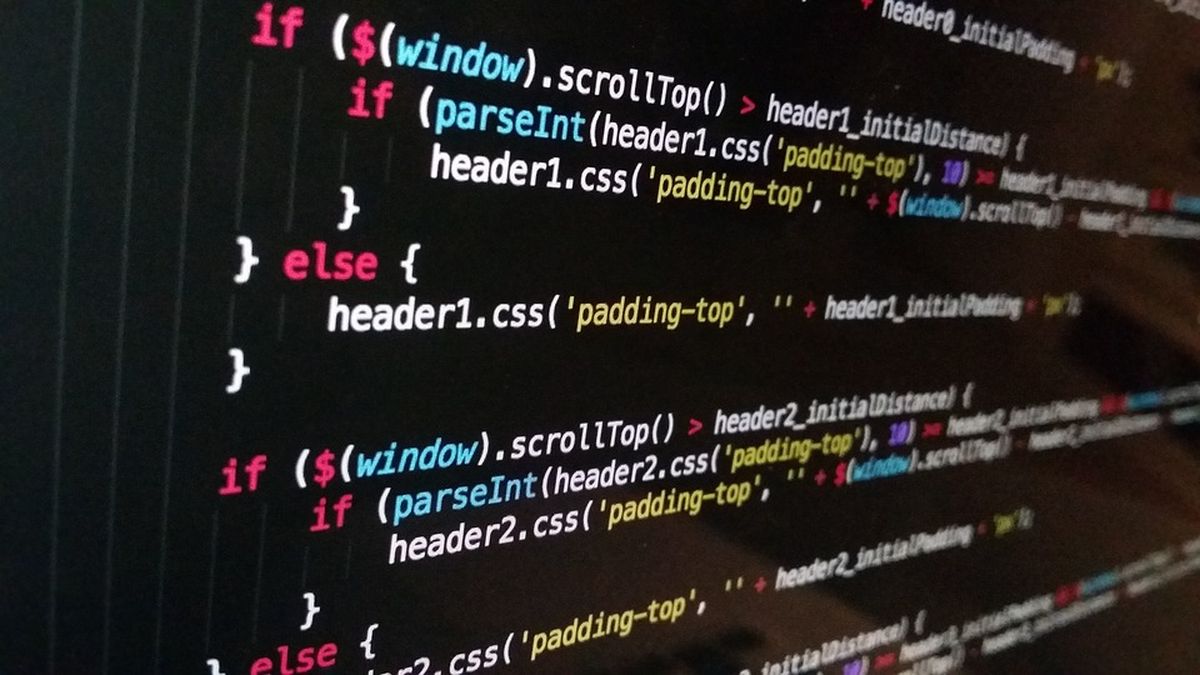Vibe coding isn’t here to take developer jobs. It’s here to transform them into AI architects
Vibe coding won’t take developer jobs. The developers who use AI will.

Vibe coding—creating and editing software simply by giving instructions to AI—enables businesses and individuals to unleash their creativity without requiring a developer. Some worry that vibe coding will replace developers, but that’s not the case. This trend proves that programming is evolving, and those who adapt will find more opportunities, not fewer.

Dainius Kavoliūnas is the Head of Hostinger Horizons. Dainius has nearly 10 years of experience leading global tech brands. His expertise lies in launching and scaling new tech products. He specializes in rapid go-to-market strategies, product growth, and business scaling.
The evolution of AI coding
AI-powered coding assistants have been around for a while. They started as “autocomplete” tools, similar to how your phone predicts the next word when you text.
GitHub Copilot, Cursor, and similar tools boosted developer productivity by helping them finish lines of code, detect mistakes, and suggest improvements.
In fact, software engineering is the field where AI is most commonly applied. To put things in perspective, over 37% of all queries sent to Claude cover tasks like software modification, code debugging, and network troubleshooting.
Even major tech companies, such as Google, now rely on AI for coding—more than a quarter of their new code is AI-generated.
But vibe coding takes this concept even further. Instead of merely assisting developers, tools like Hostinger Horizons, Lovable, or Bolt.new can now generate complete applications based on user prompts.
People with no coding knowledge are creating personal web apps, automating tasks, and even building successful SaaS businesses.
This marks a fundamental shift: AI is no longer just assisting developers—it’s taking on entire development tasks.
While vibe coding is impressive, it comes with notable limitations that make human oversight essential. However, with research advancing rapidly, AI’s coding capabilities will continue to improve. AI already outperforms humans in creative tasks, decision-making, and some other tasks, so similar progress in software development is inevitable.
What AI currently can and can’t do
Basically, current large language models (LLMs) are advanced text predictors. They analyze patterns and generate outputs based on training data, but unlike humans, they can’t comprehend the meaning of what they generate.
AI's lack of true understanding causes several significant limitations:
- AI can’t think out of the box to find better solutions on its own. It simply generates code based on given instructions and examples from the training data.
- AI hallucinates and makes errors. In some cases, a subtle mistake or oversight can require extensive efforts to correct later on.
- To create a large, complex application, users must clearly explain the app's logic to the AI because it’s unlikely to come up with that structure on its own.
In other words, current vibe coding tools are similar to junior software developers. They help non-developers bring their software ideas to life with minimal effort.
That said, complex projects still require more time, deeper expertise, and often the involvement of a professional developer.
The new role of developers
Vibe coding tools are evolving rapidly. In just a few months, we could see significant improvements—bringing them closer to the expertise of mid-level or even senior developers.
Nevertheless, AI will need humans to guide it, test, and refine the outputs. This is where the future developers will step in, ensuring AI-generated code is reliable and secure, managing and integrating different AI solutions, and solving complex and unique challenges.
AI isn’t a threat but rather a tool to solve tedious, repetitive tasks, allowing developers to focus on new, unique challenges, and create innovations.
That’s what we see in our business today. AI fully solves more than half of all client queries, allowing our Customer Success experts to focus more on advanced technical issues.
Adapt or step back
As AI becomes an integral part of software development, the skill set required for developers is evolving. Future-proof developers will need to master AI literacy, prompt engineering, code analysis, debugging, and problem-solving to stay ahead in the job market.
This shift also necessitates changes in education. Schools and universities must integrate AI-powered tools into their curricula to ensure graduates are relevant and competitive in the job market.
Yet, this transformation is not limited to programming. With 400 million weekly ChatGPT users, it’s hard to imagine any industry without AI, at least in terms of intellectual work.
However, rather than replacing human ingenuity, AI helps people be more productive and efficient. Businesses will always need smart people for strategic thinking, decisive action, and driving innovation.
The future of coding isn’t about choosing between AI and human developers—it’s about collaboration. The best developers will be those who know how to harness AI effectively.
This article was produced as part of TechRadarPro's Expert Insights channel where we feature the best and brightest minds in the technology industry today. The views expressed here are those of the author and are not necessarily those of TechRadarPro or Future plc. If you are interested in contributing find out more here: https://www.techradar.com/news/submit-your-story-to-techradar-pro
Are you a pro? Subscribe to our newsletter
Sign up to the TechRadar Pro newsletter to get all the top news, opinion, features and guidance your business needs to succeed!

Dainius Kavoliūnas is the Head of Hostinger Horisons. Dainius has nearly 10 years of experience leading global tech brands. His expertise lies in launching and scaling new tech products. He specializes in rapid go-to-market strategies, product growth, and business scaling.
You must confirm your public display name before commenting
Please logout and then login again, you will then be prompted to enter your display name.